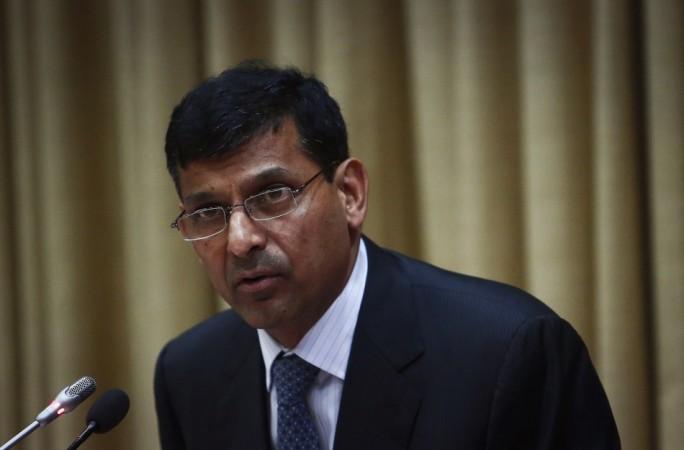
Raghuram Rajan, who recently took over the reins of Reserve Bank of India, shored up investor confidence in his first speech. But his real task lies in uplifting the nation's poor economic conditions and on reviving the sliding rupee value.
Rajan, 50, who is one of those few Indian policymakers to get a doctoral degree from MIT's management school was made Reserve Bank of India's (RBI) chief on 4 September.
"RaghuRajan gave a master class in how to handle your 1st day in a new leadership role during a crisis. Be calm, collected & communicative," tweeted Anand Mahindra, Chairman and Managing Director of Mahindra Group.
"He hails from Tamilnadu. If he's a blockbuster hit we'll call him the Chennai Express," he added.
Rajan was born in 1963 in Bhopal. His father was into Indian Foreign Service and therefore as a child he travelled across several countries, including Sri Lanka, Belgium and Indonesia. He resumed his education in India from grade eight and finished his schooling from Delhi Public School, R.K. Puram.
An ex-chief economist at International Monetary Fund (IMF), Rajan graduated from IIT Delhi in electrical engineering in 1985. He did his Masters of Business Administration from IIM Ahmedabad in 1987. He then got a PhD degree in finance from MIT for a thesis paper named "Essays on banking" in 1991. He later joined the Booth School of Business at University of Chicago as a professor of Finance.
Rajan was the youngest chief economist to be appointed at IMF where served from October 2003 to December 2006. In 2003, he received the Fischer Black Prize, an award given by American Finance Association to economists below 40 years of age, for contributing to the theory and practices of finance.
Rajan, who popularly predicted the 2008 economic crisis back in 2005, was initially criticised for his forecast. In his paper titled "Has Financial Development Made The World Riskier?" he wrote, "But perhaps the most important concern is whether banks will be able to provide liquidity to financial markets so that if the tail risk does materialize,..."
He is also an author of a popular book called "Fault Lines: How Hidden Fractures Still Threaten the World Economy", where he pointed out that serious flaws in the economy are the reasons for the poor economic situation and warned that if proper steps are not taken then a severe crisis would hit the economy.
The newly appointed chief is one of those achievers who have marked his presence even in the West. He is seen as a person having strong communication skills with the ability to relate both to international and domestic investors.
Rajan fuelled confidence among investors when he delivered his first speech as governor saying that India is a "fundamentally strong economy."
After taking charge from D. Subbarao, Rajan is all set to target the plunging rupee, bad bank loans and free up bonds and currency markets to revive the current economic situation. He promised that with the help of regulators RBI will liberalise Indian markets to deal with the economic turmoil.
Reducing inflation to a low and stable rate and revive the falling rupee are the two prime targets set by the 23rd RBI chief. Rajan make deliver the first monetary policy statement on 20 September.
Some analysts wonder if Rajan began his three-year-long term with a bang like that of Bank of Japan Governor Haruhiko Kuroda, who came with a massive stimulus package within a few weeks to revive the economy.
In his first speech as governor, Rajan said that RBI is constituted "to regulate the issue of Bank notes and the keeping of reserves with a view to securing monetary stability in India and generally to operate the currency and credit system of the country to its advantage."

















